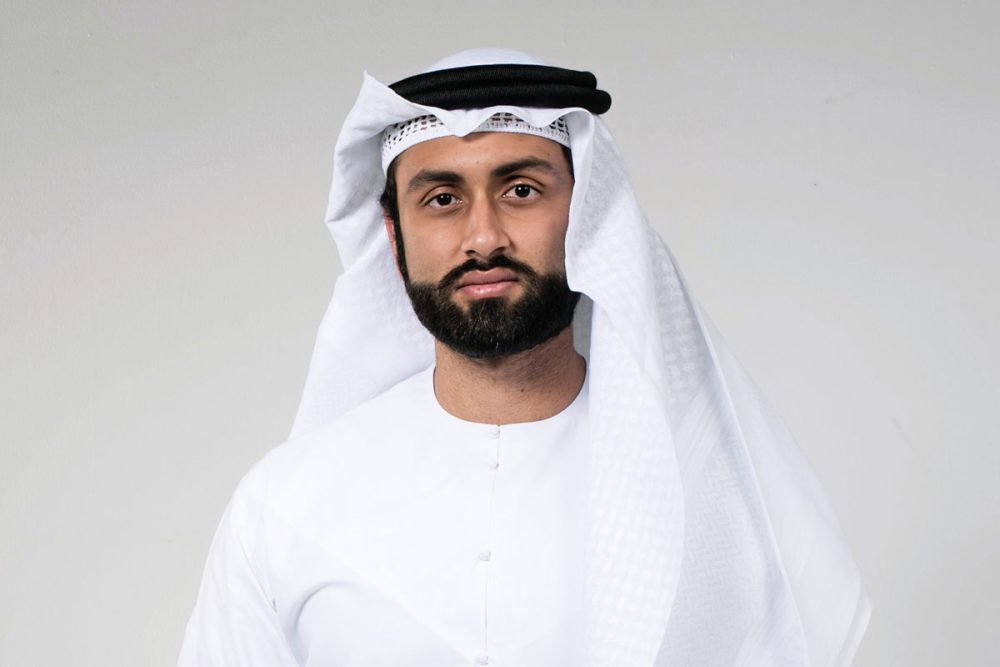There is an elephant in the room – a shared global responsibility to recycle our waste.
Locally, the UAE per capita municipal solid waste generation is around 1.8 kg/day, one of the highest amounts in the world.
You might also think the onus lies with governments, manufacturers and the private sector to create a recycling infrastructure and encourage us all to use it, but ultimately, it’s personal. We can all begin our recycling journey at home – and like every journey, it begins with a few simple steps.
We can choose to vote with our wallets, eschewing heavily packaged and environmentally unsound items. We can use fewer resources every day and feel good about it.
It’s easy to create a space for food waste at home and create compost. It’s a simple act to stop buying bottled water. We can all learn more about how to repair, reuse and recycle, which should be everyone’s mantra in 2022.
I recently discovered Slovenia is probably the only country in the world with a zero-waste capital. In fact, Ljubljana is known as Europe’s capital of recycling. What stands out is the public’s commitment to zero waste. Renowned nature lovers, a national drive to clean up the country saw some 300,000 people mobilise in one day to gather rubbish!
But here in the Gulf region, I feel there’s a wind of change, as recycling is beginning to take hold. Sustainability has been on the agenda for many years, but any sustainability efforts must be backed by strong recycling initiatives.
Government plans to divert 75 percent of waste from landfills by 2021 were stalled by the pandemic. And in a report from two years ago, the Gulf Petrochemicals and Chemicals Association (GPCA) suggested that in the UAE, total post-consumer plastic waste generation is around 1,500,000 million metric tonnes per year, with a mechanical recycling rate of just 4 percent.
Infrastructure in demand
I took a while to learn about what we are doing locally and regionally to develop better recycling practices and realised that in most places, the infrastructure is there – it’s simply down to us to use it.
Firstly, there are plans to develop state-of-the-art waste-to-energy plants in Dubai and Abu Dhabi, which help turn waste into energy that can fuel homes and businesses. Both projects are slated to come online in 2024 and will have an enormous impact on the national Co2 emission figures.
There’s a wonderful scheme in Sharjah to turn a landfill site into a solar energy park – the first of its kind in the UAE – in an agreement inked between Emirates Waste to Energy, environmental management company Bee’ah and clean energy major Masdar. The project should generate up to 120 megawatts of energy, with the first of three phases set to come online in 2023.
And finally, as seen in many parts of the world, the UAE has banned single-use plastic bags in stores as of early June. Consumers must now bring their own bags to supermarkets or pay for a reusable bag.
According to Emirates Environmental Group (EEG), nearly 80 percent of household waste is made up of recyclable or organic materials like paper, plastic, aluminium, metal, glass and food waste. EEG holds an annual Emirates Recycling Awards event, which recognises and celebrates those individuals, academic institutions, groups and corporations which are taking steps to recycle more.
As a result of the 2022 edition of the awards, it is estimated that some 5.90 metric tonnes of C02 emissions were offset, thanks to concerted recycling efforts.
I think the lesson here is that there is an urgent need for us all to do more. It seems to me that the government, industry, and retailers are now actively taking steps to reduce and recycle. What will you do?









